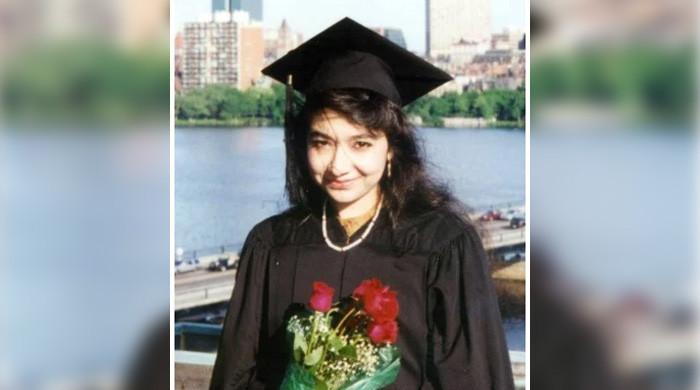Aafia Siddiqui Case: Islamabad High Court Seeks Government Response
The government's stance on prisoner exchanges with the US has come under scrutiny, with the court seeking a formal reply on the extradition of Shakil Afridi and the release of Dr Aafia Siddiqui, who is accused of planning the 2021 attack on Kabul's Abbey Gate.

Dr Aafia Siddiqui, a Pakistani doctor serving an 87-year sentence in a US prison, has had her case heard by the Islamabad High Court, which questioned the government's decision to extradite an alleged Daesh commander to the US without a prisoner exchange agreement.
The court heard that the government had provided an in-camera briefing on Dr Shakil Afridi's extradition, but did not follow the same procedure for Mohammad Sharifullah, prompting Justice Sardar Ejaz Ishaq Khan to express skepticism over the government's stance on prisoner exchanges with the US. The judge noted that the government's actions were inconsistent with their previous decisions, and sought a formal reply from the government before proceeding with the case.
Dr Aafia's American lawyer, Clive Smith, submitted a declaration regarding her release and repatriation, which the court ordered the Additional Attorney General to respond to. The government has also filed an application to dispose of Dr. Aafia Siddiqui's case, but the court has issued a notice demanding a response. The hearing was adjourned until March 14, with the court seeking a satisfactory explanation from the government on the extradition of Shakil Afridi to the US.
The case of Dr Aafia Siddiqui has sparked controversy and debate, with many questioning the government's handling of prisoner exchanges with the US. The Islamabad High Court's decision to seek a formal response from the government is seen as a significant development in the case, and it remains to be seen how the government will respond to the court's demands.